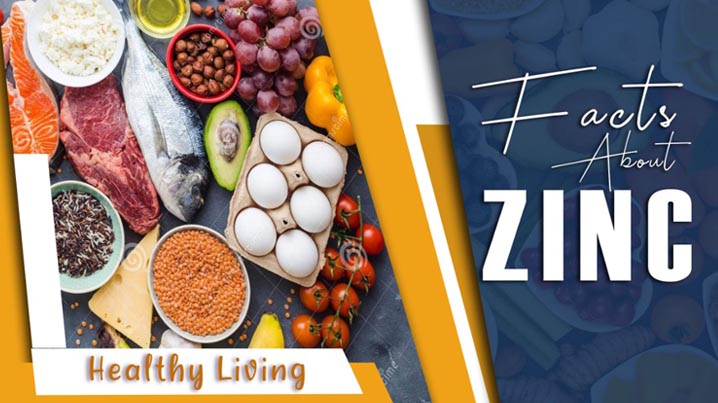
Why Zinc? Zinc is an element that is required for your body to develop and maintain a healthy immune system. A shortage of zinc would make a person more disposed to contract diseases and illnesses. Zinc is important and necessary for a number of functions in the human body, and it assists in stimulating the activities of about one hundred different enzymes.
Your body only needs a small amount of zinc daily to take advantage of its many benefits. Zinc is a vital part of your diet, and deficiency may occur if one doesn't consume enough, either directly from food or through supplementation.
Deficiency of zinc in the body might be an indication of a chronic illness, but it’s usually due to an insufficient diet. Additionally, deficiency in children can inhibit proper growth and development, and increase risk of infection.
Advantages include:
• Management of immune functions. Zinc activates T cells, which control the body’s immune responses and attack infected cells.
• Remedy for common ailments. Zinc tablets help reduce or control diarrhea, and a published study found that zinc pills reduced the duration of common colds by 40%.
• Improved learning and memory retention. Zinc may be crucial to the way neurons interact, and thus how one learns and forms memories.
• Graceful ageing. Increasing zinc intake in your diet and through supplements will prevent age-related vision loss, chronic diseases, and lots more.
Recommended intake Adequate consumption of zinc is important, and the following foods have high zinc content: fish, oysters, beef, baked beans, crab, lobster, pork loin, green peas, yogurt, pecans, peanuts, rice, etc.
Some breakfast cereals contain zinc as well. So, look out for these foods and add them to your meals regularly. Remember that getting nutrients from food is more beneficial than isolated supplements. On the other hand, excess zinc in the body can be harmful; causing nausea, vomiting, loss of appetite, stomach ache, diarrhea, headaches, etc.
There is also some evidence that increased levels of zinc in the body might play a role in the development of kidney stones. The table below shows the recommended daily intake (RDI) for different groups:
| CATEGORY | RDI |
|---|---|
| Children: 1 - 8 years | 3-5 milligrams |
| Males: 9-13 years | 8 milligrams |
| Males: 14 years & above | 11 milligrams |
| Females: 8-13 years | 8 milligrams |
| Females: 14-18 years | 9 milligrams |
| Females: 19 years & above | 8 milligrams |
| Pregnant and lactating women | 11-13 milligrams |


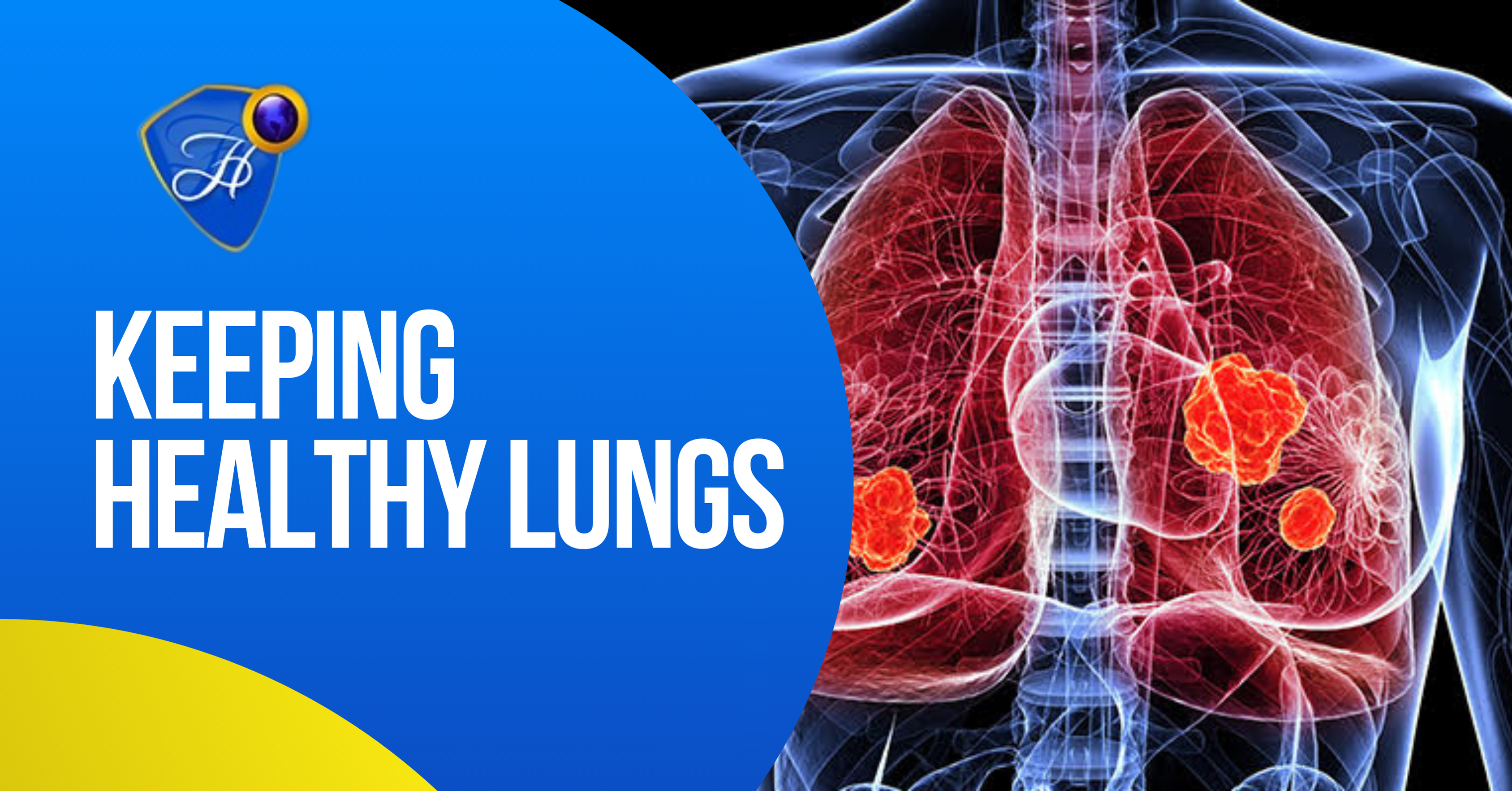
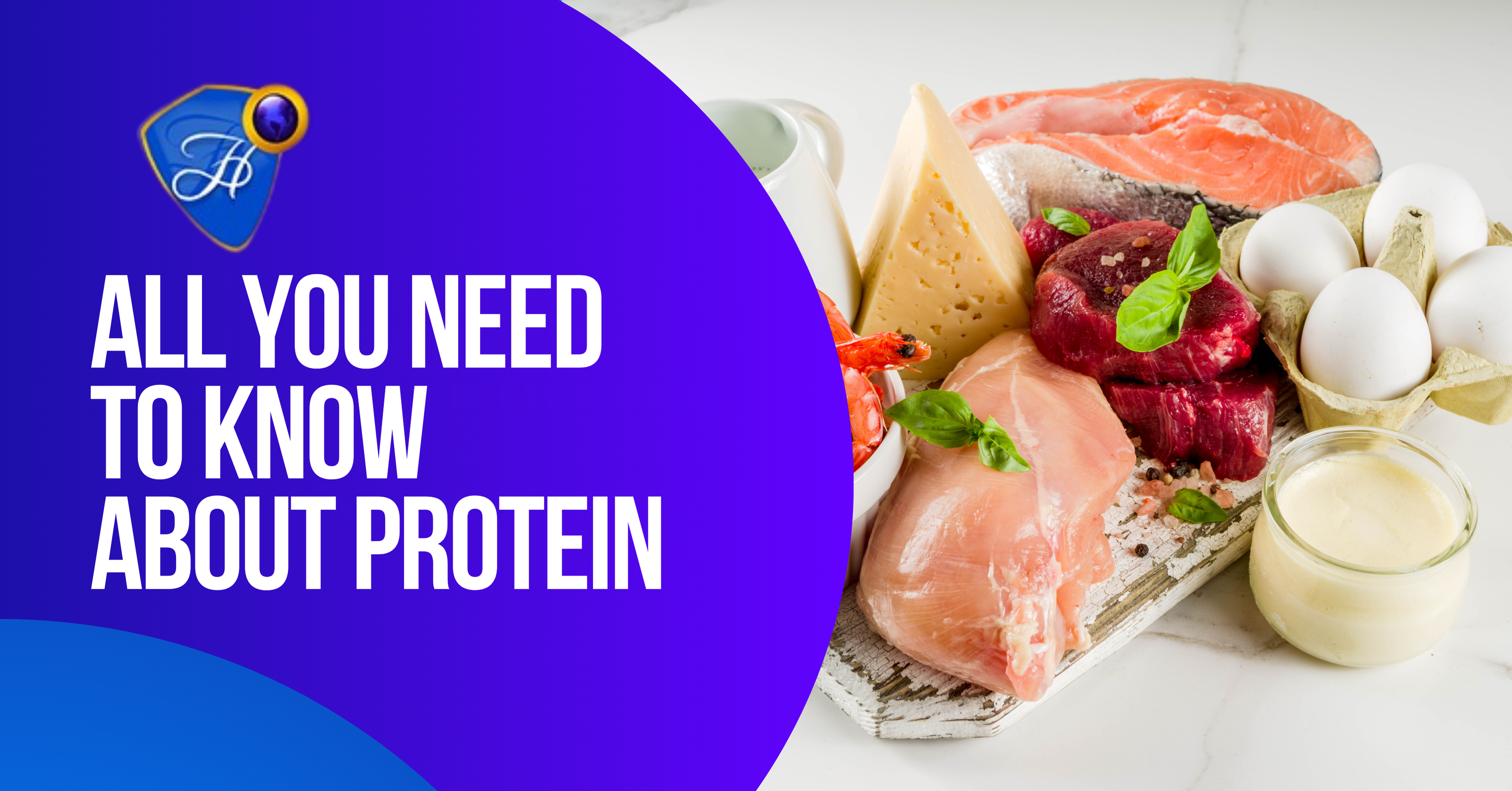
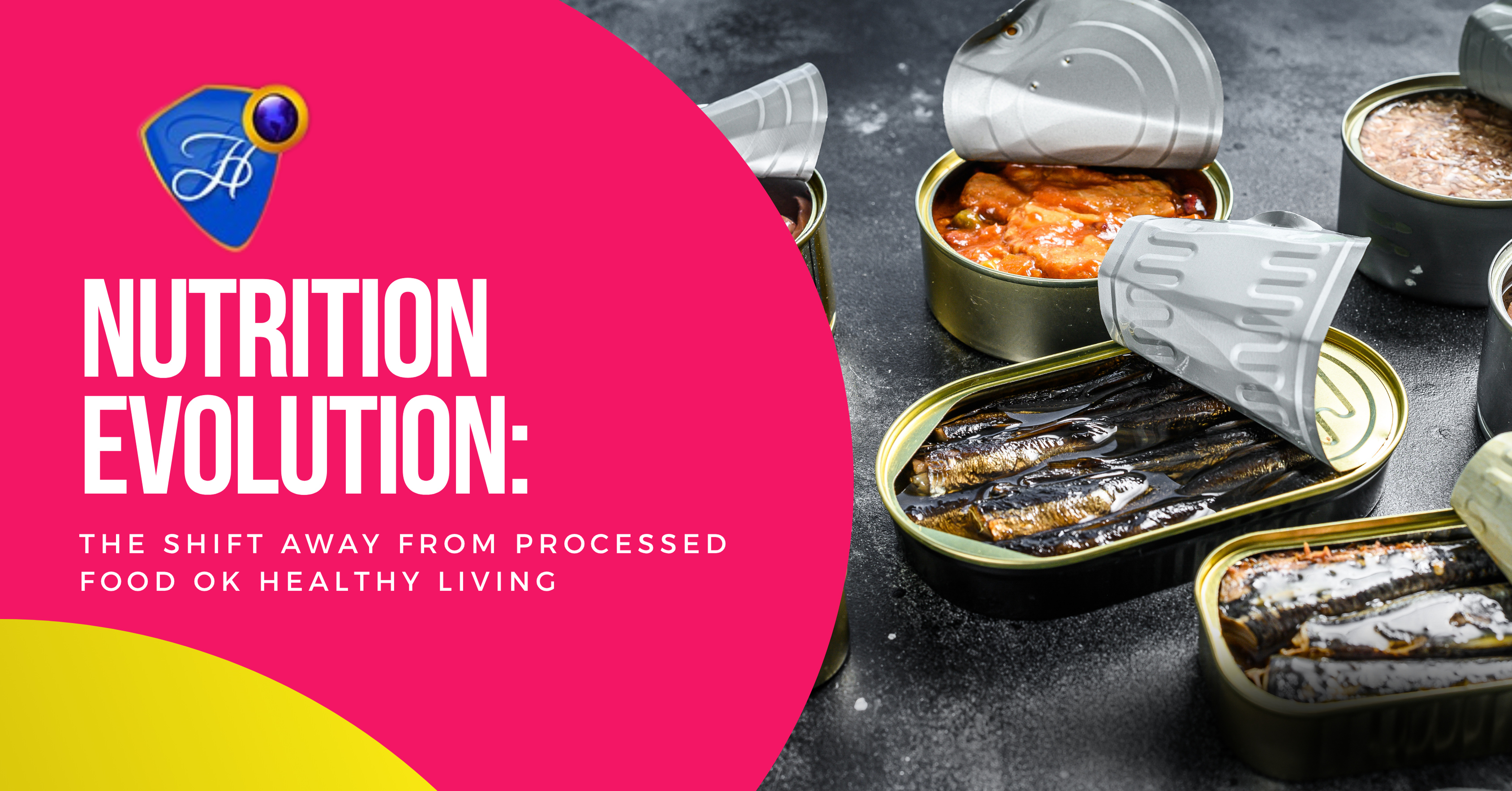

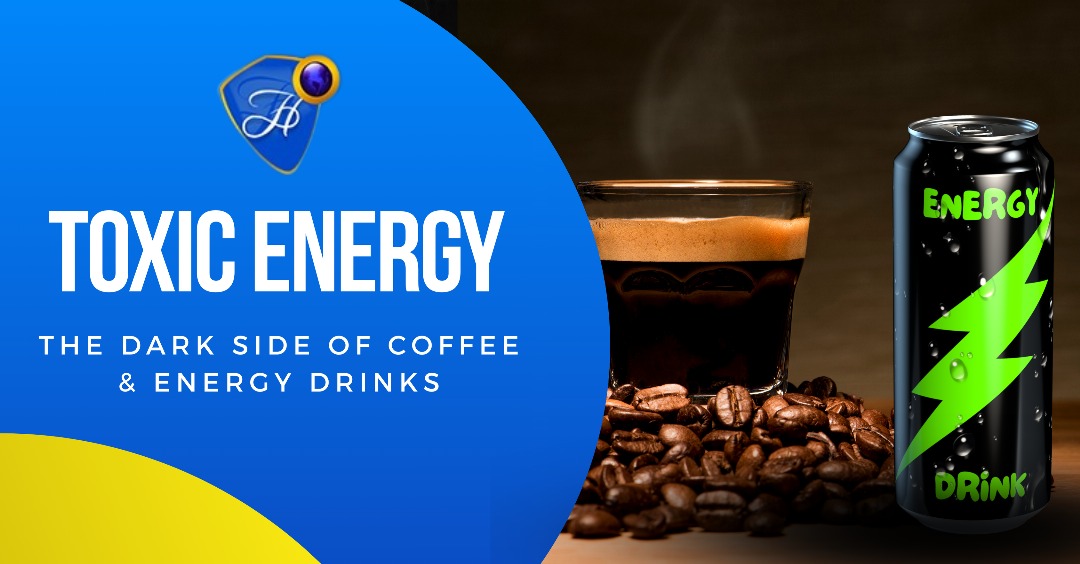
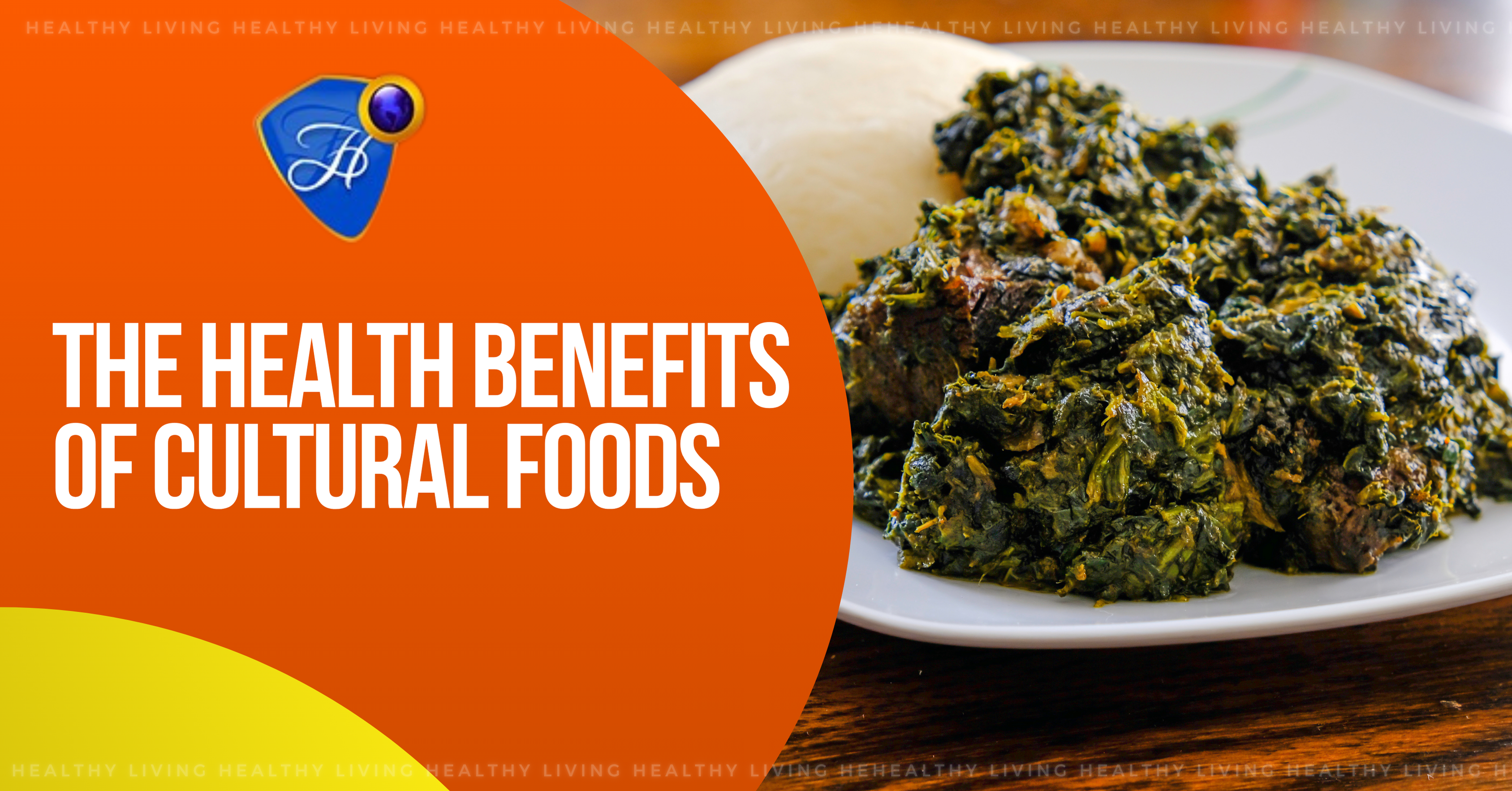
Post Comments & Testimonies